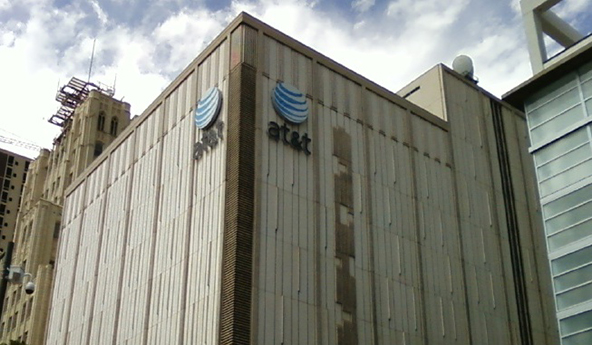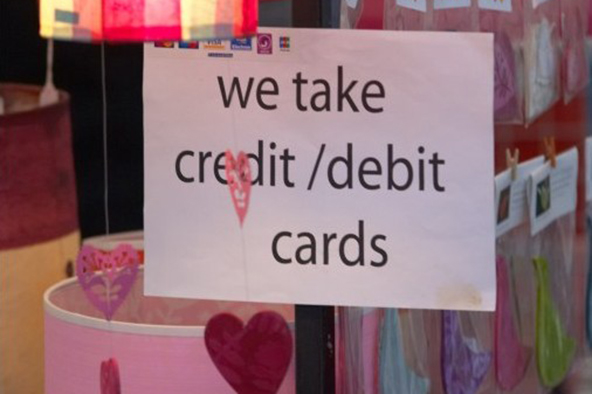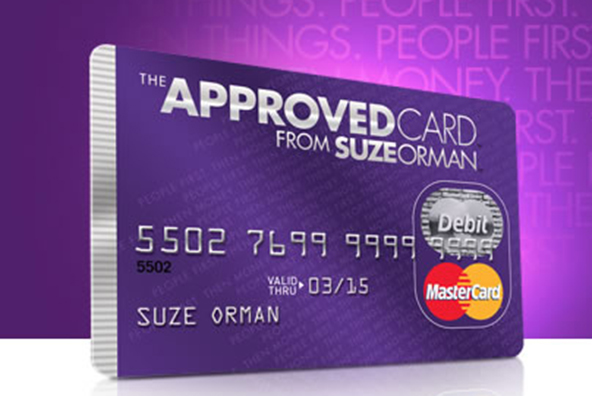AT&T Launches Direct Mobile Payments Service, no Credit Cards Needed

Just a day after PayPal unveiled its new mobile payment system, AT&T announced its own plans for the future of mobile payments. The two platforms are based on fundamentally different models. While PayPal allows mobile consumers to pay with credit cards, as well as with their PayPal accounts, AT&T’s service is based exclusively on direct mobile billing where the purchase amount is added to the customer’s monthly phone bill.
AT&T has partnered with three different mobile payment solutions providers — BilltoMobile, Boku and Zong — to allow its users to purchase various digital products by typing their phone number at the checkout.
It is not known how much AT&T will be charging for the service. Previously carriers have charged mobile payment providers as much as 40 – 50 percent of the transaction amount for sales made through premium SMS messages, which is a big reason why merchants have been slow to adopt the new technology. It is reported that the carrier has agreed to reduce its fees, but we will have to wait to find out exactly what that means.
Some observers expect that linking mobile payment services directly to the carrier’s billing system would reduce fees to under 20 percent. That may sound like a big cut, but that is only because the current fees are exorbitantly high. Even if AT&T lowers its fees to 10 percent, which is unlikely, that would still be huge. To give you a perspective, regular e-commerce credit card sales typically cost merchants about 2.10% + $0.20 of the transaction amount.
Admittedly, mobile payment processing is in its nascent phase and it is not fair to compare it to established services. But even if you compare apples to apples, the carrier’s pricing would have to be much lower than what we expect, if it is to be competitive. PayPal’s new Mobile Express Checkout service, for example, will charge merchants 5% + $0.05 per transaction.
Mobile payments companies are of course spending more time trumpeting the huge benefits for merchants of accepting mobile payments than they do explaining why the service fees are so high. They have a point. Estimates of the potential growth of the mobile payments industry vary widely, but there is little doubt that it will be exponential. According to Juniper Research, for example, mobile payments will exceed $200 billion by 2012, up from $68.7 billion in 2009.
As mobile payments grow in volume, and provided consumers warm up to the direct billing option, they can potentially eat away into the credit card segment of the market. In effect, mobile phone accounts will act as charge cards – a type of credit cards that have to be paid in full at the end of each monthly cycle. That raises a number of questions about the status of mobile carriers that offer financial services and these may one day be looked into by the regulators.
What about the possibility of carriers allowing customers to roll over a portion of their monthly bill to the next month and charge interest on the balance? That would surely turn them into banks. What would regulators say about that? We know that Wal-Mart, the world’s biggest retailer, has been unsuccessfully trying to become a bank for years. Would carriers fare any better? Would they even want to go that route?
Image credit: Wikimedia Commons.



We’ve been living her for 4 years now. Always made our patyenms on time. The mortgage company we have doesn’t refinance mobile homes. We’ve looked into other companies, but unless you have brick underpinning they won’t do anything for you. I’ve tried selling this place but no real estate agent will talk to me because it’s so hard to sell a mobile home. When we bought this place, the company said we could always refinance in a few years to get a lower payment. They weren’t willing to do brick underpinning because it wasn’t within the loan amount, and we got the least expensive home on there lot. I admit we had bad credit at the time, but our credit has improved considerable since buying this home. We have 3 kids and one on the way and it’s only a 3 bedroom home. I want to add on to this home or find a home that we can afford and is bigger. What do you suggest?